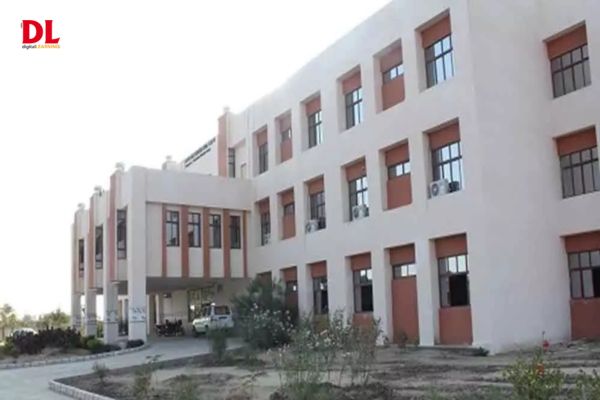
The Union Minister of State for Tribal Affairs, Shri Durga Das Uikey, announced that the Central Sector Scheme of Eklavya Model Residential Schools (EMRS) was launched in 2018-19 to provide quality education to tribal students, equating it to the standards of Navodaya Vidyalayas. The initiative is designed to offer holistic learning experiences within tribal environments.
Under this scheme, the government aims to establish 440 EMRSs, ensuring at least one school in every block where the tribal population exceeds 50% and comprises at least 20,000 people (as per the 2011 Census). Additionally, 288 existing schools, previously funded under Article 275(1) of the Constitution, are being upgraded. The Ministry has set a goal of establishing a total of 728 EMRSs across India, benefiting approximately 3.5 lakh tribal students.
To provide a well-rounded educational experience, EMRSs offer:
- State-of-the-art Infrastructure Equipped classrooms, science and computer labs, and well-stocked libraries.
- Residential & Boarding Facilities Separate hostels for boys and girls, furnished with essential amenities.
- Sports & Extracurricular Activities Playgrounds, equipment, and training in arts, music, and sports.
- Healthcare & Nutrition Regular medical check-ups and healthcare facilities.
- Digital & IT Learning Smart classrooms, internet-enabled computer labs, and digital education tools.
- Vocational Training Skill development programs to enhance employability prospects.
The National Education Society for Tribal Students (NESTS), an autonomous body under the Ministry of Tribal Affairs, has been tasked with managing and implementing the EMRS scheme. NESTS recently hosted a Principals’ Conclave, providing training on academic management, mental health, safety, and HR practices. Furthermore, State Societies have been empowered to conduct induction programs for teachers, familiarising them with the residential school culture and academic best practices.
The Ministry has partnered with various government agencies to introduce digital learning and skill-based training, ensuring a future-ready education system. These initiatives include:
- Smart Classrooms with Digital Boards Implemented in collaboration with ERNET, Ministry of Electronics and IT (MeitY).
- Skill Labs 400 labs set up in 200 EMRSs with support from the Ministry of Skill Development & Entrepreneurship (MoSDE).
- Online Coaching for Competitive Exams IIT-JEE and NEET preparation courses, alongside recorded lectures for Class 11 and 12 students, in partnership with PACE-IIT & Medical.
- Dedicated DTH Channel Launched by NCERT to support academic and extracurricular learning in remote regions.
- Regional Language Support Teachers have been recruited to preserve linguistic and cultural heritage.
Also Read: Tribhuvan Sahkari University Bill 2025 paves the way for cooperative education in India
To promote education among tribal communities, the Ministry offers multiple scholarship programs:
- Pre-Matric Scholarship for students in Classes IX and X.
- Post-Matric Scholarship for students from Class XI onwards.
- National Scholarship Scheme for Higher Education supports students in top government and private institutes for professional courses like Engineering, Medicine, IT, and Law.
- National Fellowship Scheme Provides funding for ST students pursuing M.Phil. or Ph.D. programs in India.
- National Overseas Scholarship Financial aid for meritorious tribal students to study abroad.
- Examination Fee Coverage State EMRS Societies bear the application costs for competitive exams such as NEET, JEE, and CLAT for Class XII students, reducing financial stress on families.
The expansion of EMRSs marks a significant step in the government’s commitment to improving tribal education, bridging learning gaps, and equipping students with skills for a brighter future.



















